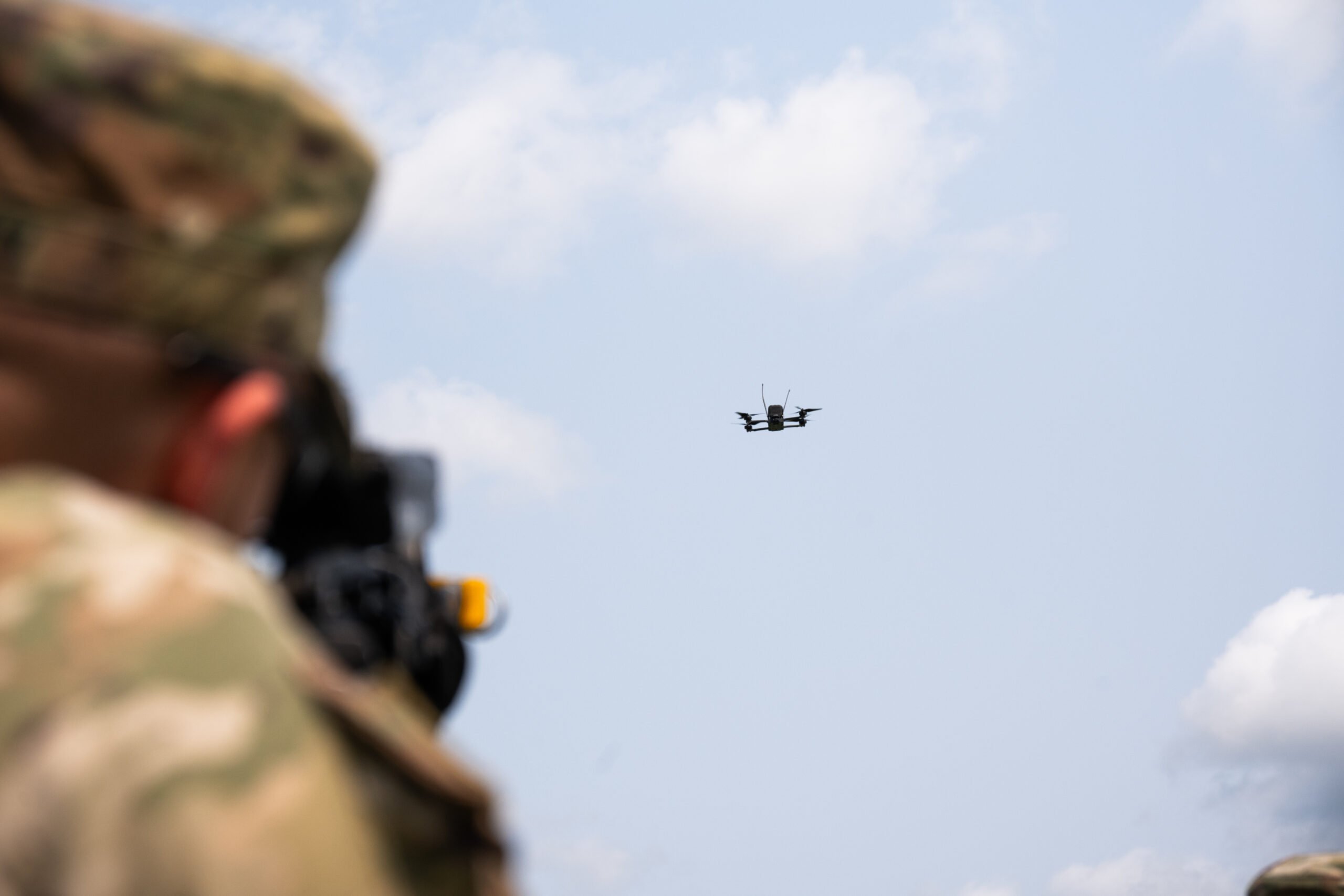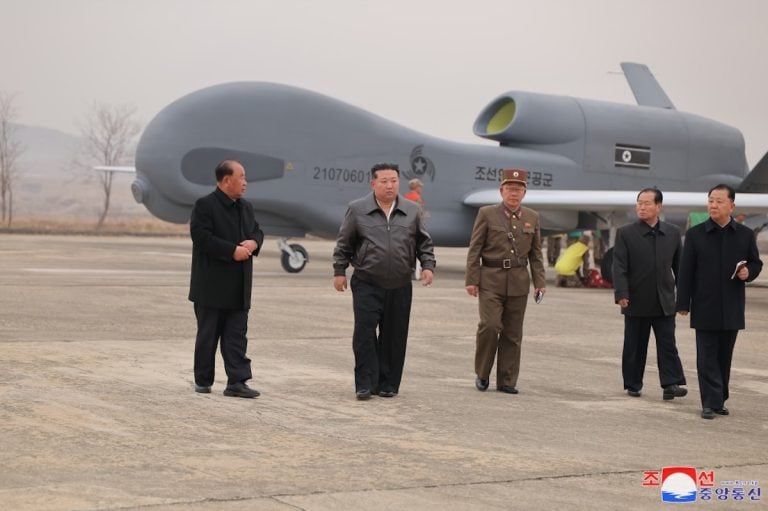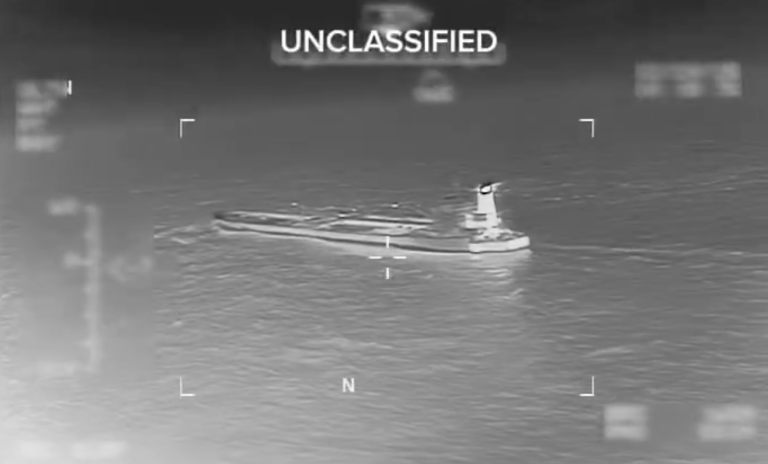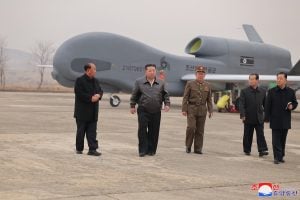In a significant development within the defense technology sector, Laser Photonics and Fonon Technologies have announced that their innovative Laser Shield Anti-Drone (LSAD) system has been selected as a finalist in the Autonomy, AI, and Cyber Critical Technology Challenge. This accolade highlights the LSAD’s capabilities within the counter-unmanned aerial systems category, showcasing its potential to redefine aerial defense mechanisms.
The LSAD system will be prominently featured at the upcoming Defense TechConnect Innovation Summit & Expo in November, providing a platform for further engagement with industry stakeholders. Designed specifically to offer precision targeting against small drones, LSAD aims to enhance the protection of forward-operating bases, frontline troops, and critical facilities.
This selection has garnered attention as it represents a notable endorsement from the Pentagon, signaling the LSAD’s viability and opening avenues for future government procurement programs. Bryan Lee, the Vice President of Fonon Technologies, emphasized the urgency of addressing the growing threat posed by small drones, which have been increasingly linked to battlefield casualties and infrastructure vulnerabilities. He noted that the LSAD aligns with a pressing directive from the White House to restore American airspace sovereignty.
Amid a broader push in Washington to bolster counter-drone technologies, this initiative reflects heightened investments in airborne defense systems. In recent months, the U.S. Department of Defense has established a dedicated counter-drone task force, while the Department of Homeland Security has announced plans to allocate up to $100 million in contracts aimed at enhancing drone countermeasures.
The Defense Innovation Challenges series, which features the TechConnect Critical Technology Challenges, aims to foster open innovation that aligns with U.S. defense priorities. The initiative encourages participation from startups, research institutions, and universities, focusing on various technology domains crucial to national security. Categories such as autonomy, artificial intelligence, cybersecurity, and biotechnology are central to this competitive landscape.
Finalists in the challenge gain valuable exposure to federal agencies, industry leaders, and private investors, providing them with access to over $8 billion in annual funding dedicated to supporting emerging technologies. This initiative not only emphasizes the critical need for advanced defense solutions but also underscores the collaboration between government and private sectors in addressing contemporary security challenges.













